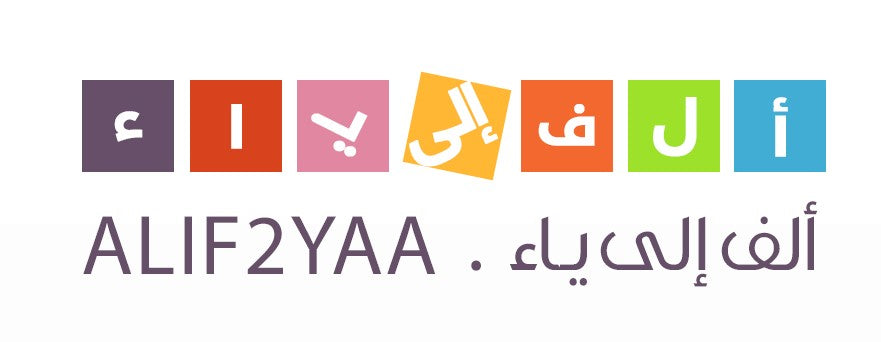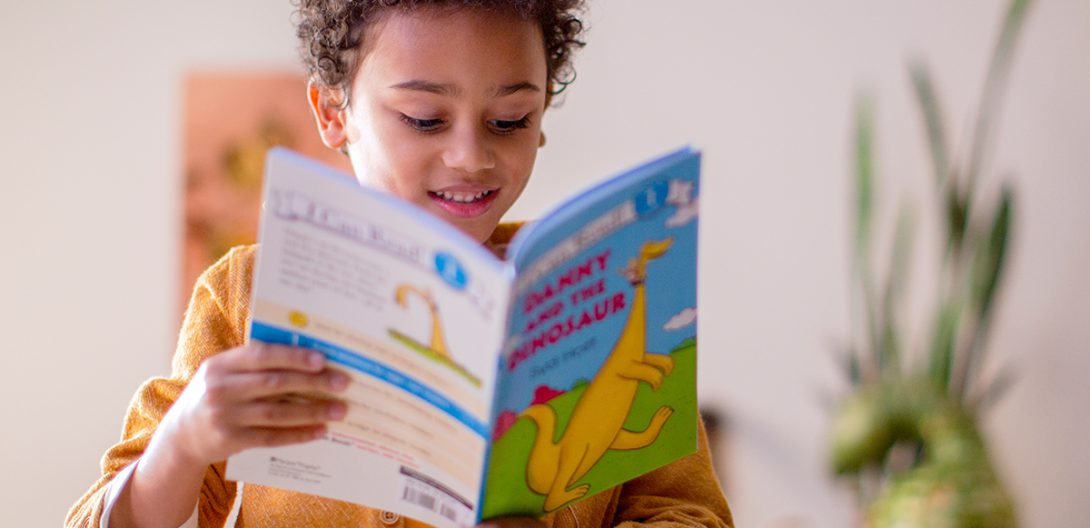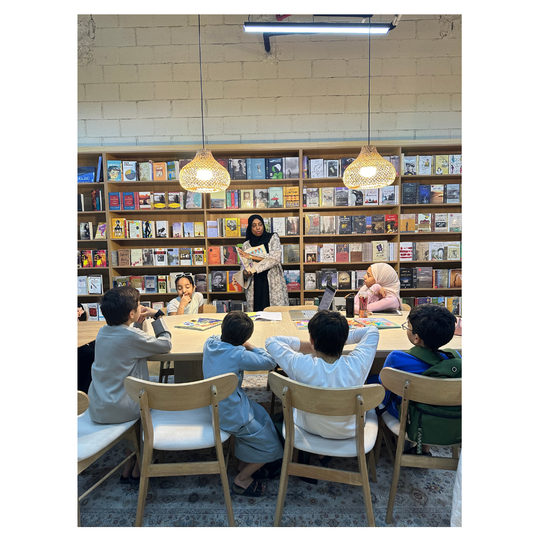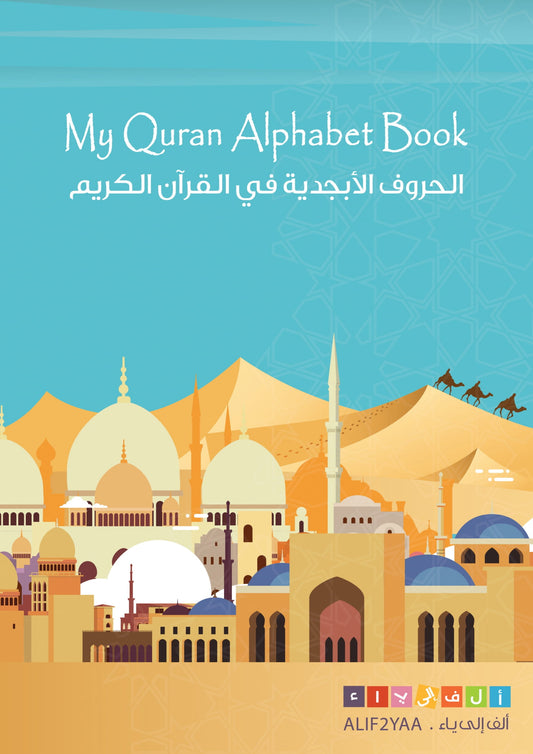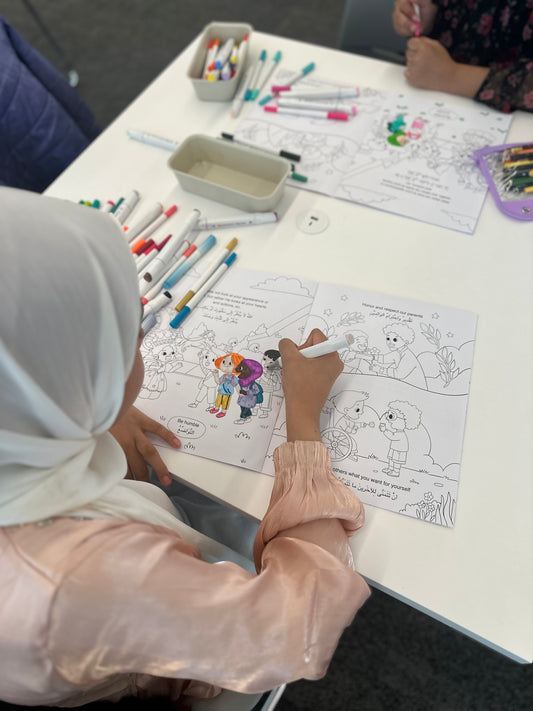Not all children learn to read at exactly the same age or pace and parents can certainly benefit from understanding the steps in creating a positive reading experience for their child in order to develop their literacy skills.
Here are 4 ways you can help your child develop pre-literacy skills:
- Expand their vocabulary: The more comfortable a child is with the language, the easier it can be to develop their reading skills. If you are teaching your child to read Arabic specifically because it is the language of the Quran, first start by introducing vocabulary words directly from the Quran. When your child begins to learn to read, they will already be familiar with the sounds of the Arabic language, which is especially important for children who are not exposed to hearing the Arabic language on a daily basis.
- Foster a love of books: Show your excitement for books! Create a home where books are everywhere and valued. Introducing children to books early on will give them a positive association with books and build a love for reading. When to start? You can start before a child is born. When a parent has picked up on the habit of reading, that child will automatically be exposed to books and reading. Curiosity begins in the infancy stage, so you can start reading read-aloud books and exposing them to the language early on.
- Teach the Alif- Baa – Taa: Use multiple resources to teach the Arabic alphabet. Books are your number one key to reading, but you do not have to limit the learning through only books. Children learn the alphabet even easier when taught through various forms of arts and crafts. Use sight words and sounding like words to build familiarity with the letter being taught. Play is the way children learn. Include ample enough time to allow your child to play while learning the letters. We have various resources at Alif2Yaa that fosters early reading through hands-on toys and games.
- Phonics: To learn to read, you need to introduce to your child the skill and ability to map sounds to letters, making it easy for your child to sound out their first words. Phonics can be especially tricky for a language like English in which different letters can stand for the same sound, but this is not the same for Arabic. In Arabic, the way it sounds, is the way it is written. Once your child gains an understanding of the Arabic language, it’s actually much easier to read compared to English.
When selecting Early Reader books, use our Reading System to help select the right reading book for your child. You can find more about our Reading System at: https://www.alif2yaa.com/finding-just-right-books/
